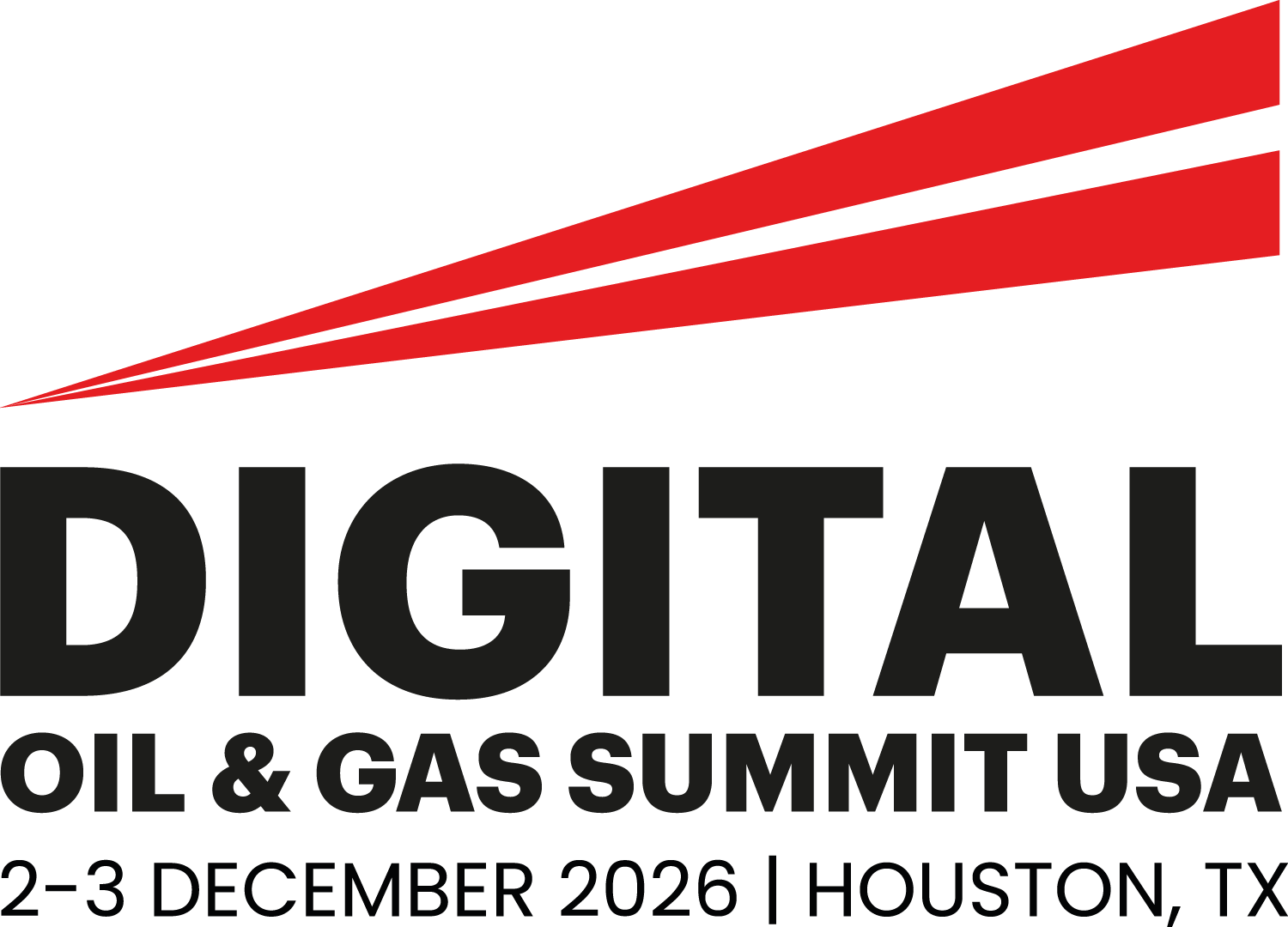As refineries ramp up carbon capture and storage (CCS) to meet decarbonization targets, digital automation and real-time monitoring are essential to their efficacy and safety.
Driving forces
Global CCS projects require high-fidelity control systems to manage CO₂ flows, well pressure, leak detection, and energy efficiency. Eni, for instance, has deployed a supercomputer alongside low-carbon data centers to precisely manage its capture assets—and is planning a ~3 gigaton capacity CCS spin-off.
Digital enablers
- Real-time sensor arrays & edge computing: sensor grids monitor temperature, pressure, and flow through carbon capture vessels.
- AI-feedback loops: AI algorithms adjust gas flows and compression cycles to maximize CO₂ capture while minimizing energy penalties.
- Leak and integrity detection: AI-driven pattern analysis identifies anomalies in wellhead behavior; pilot projects in the North Sea HyNet cluster use this to ensure safety .
Operational impact
CCS installations that integrated real-time digital control have seen capture efficiency rise by up to 12%, while power consumption for compression and separation fell by 6–8%.
Case Study: North Sea HyNet
Operators, backed by UK carbon-pricing mechanisms, used digital twins and ML to model CO₂ injection into subsea reservoirs. Real-time telemetry ensures well integrity and helps optimize reservoir pressure—avoiding seismic events or ductile failures.
Why digital matters
- Operational ROI: energy efficiency gains reduce OPEX and justify high initial CCS CAPEX.
- Safety & environmental compliance: continuous monitoring enables instant intervention.
- Reporting: automated data collection ensures regulatory traceability and audit compliance.



























